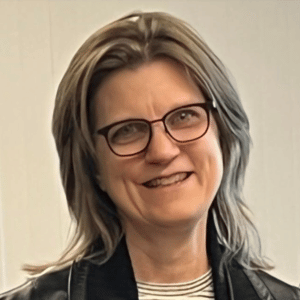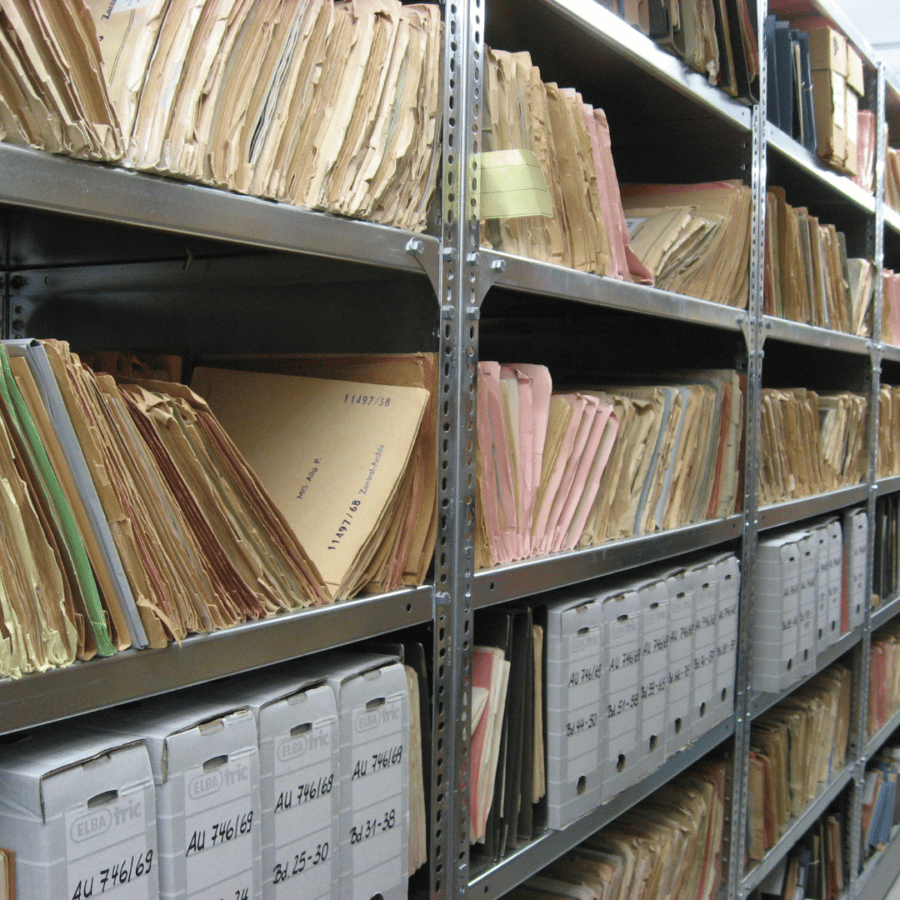The Social Welfare History Archives at the University of Minnesota Libraries (SWHA) documents the complex history and legacy of child welfare policies and programs. The historical records at SWHA are a resource for understanding adoption and foster care systems, public assistance programs for families and children, juvenile justice and incarceration, children in migration, and child protection. Researchers from around the world have used the archives for books, dissertations, journal articles, scholarly papers, policy papers, documentary films, legal scholarship, and investigative journalism. Here is but a sampling.
The ISSUSA historical records at SWHA are a significant resource on the history of transnational adoption and other cross-border social services from the 1930s to the 1980s. The correspondence, reports, studies, and case records also document such topics as: immigration policy; refugees, displaced persons, and forced migration; repatriation and family reunification; concepts of citizenship; responses to humanitarian crises due to war, occupation, and mass migration; and international family law. Together, the records reflect an active global network impacting people in crisis-driven migration and document the impact of post–World War II American involvement in international military, political, and humanitarian activity. They record the impact of these services on the lives of individuals, families, communities, and nations.
The difficult nature of the ISSUSA records and ongoing impacts of the policies and experiences documented in them present both a challenge and an opportunity. The records are a key part of SWHA’s significant collections on the history of child welfare policy. Still, much more could be done to increase access to the materials by the adoptees and their families to find another and information about their past, and for the scholarly community and the public, domestically and internationally, through digitization.
ISSUSA and SWHA have partnered to apply for a grant to test how to digitize and then remove personal information from the ISS USA records held at SWHA in order to lower barriers to access for scholars and the adoption community. The project would build a test set with samples from three categories of ISSUSA records: adoption case files; summary case index cards; administrative files.
Cross-border family formation remains a relevant topic of research, especially as families are on the move in record numbers, and new forms of family formation such as assisted reproductive technology and surrogacy have yet to be well understood and regulated from the perspective of the child born of these methods. ISS USA records at the Social Welfare History Archives provide a road map on how to understand practices of the past, and how they might inform child-centered practices of the future.
In addition, records continue to be relevant to current international child welfare policy. Adult adoptee affinity groups have proliferated, and with them, the many stories of personally traumatic or even tragic adoptions and the unearthing of many adoption practices that have led to these outcomes. But as a field, these stories have been mostly told anecdotally, despite the fact that past practices have major implications on family formation both in the adoption sphere, and also in the assisted reproductive technology space. Creating an accessible research set will help current practitioners to understand the potentially harmful and potentially protective practices then, as well as implications for work with children without the care and protection of family today.
About the Author

Linnea Anderson is the Archivist of the Social Welfare History Archives at the University of Minnesota Libraries. She has an MA in History and Certificate in Archival Management from the New York University Graduate School of Arts and Sciences, Department of History and Archival Management Program, as well as a BA in History and BA in Theatre from St Olaf College.
Prior to working at the Social Welfare History Archives, Linnea was assistant archivist and then assistant director of the Columbia University Archives in New York. She helped to plan and establish the first formal archives since Columbia’s founding in 1754. She also served as a consultant to archives and historical societies for the New York State Documentary Heritage Program.
Before becoming an archivist, Linnea was a museum educator at the South Street Seaport Museum in New York, NY where she developed and presented programs in New York’s historic waterfront district and in New York Harbor on board the historic 1885 schooner, Pioneer.
